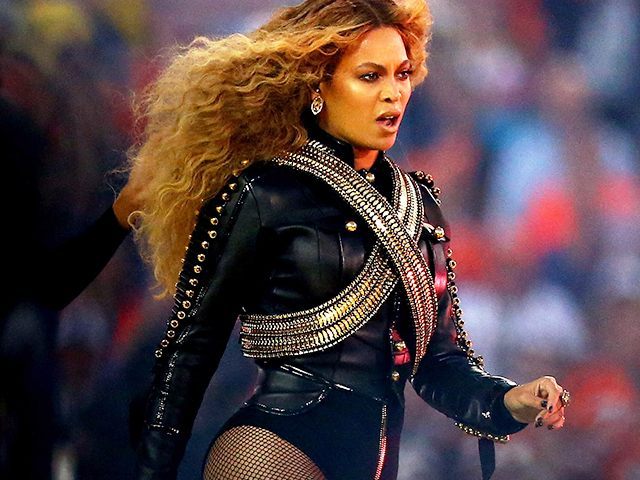Colourism has long since been a widely controversial topic of debate across the music industry. Historically, the industry has been ingrained with racial inequality and discrimination towards artists of colour. This issue, known as colourism, was recently raised by Beyoncé’s father who stated that she would not be as successful as she is, had she been a darker skin colour. Matthew Knowles attributed his daughter’s success to her lighter skin tone, and highlights how racism is a prevalent issue throughout the music industry.
Beyoncé is undoubtedly a success not only as an artist, but as a strong female representative for feminism. Many of her fans disagreed with her father’s claims, reminding us how she built her career on pure talent and dedication.
What a load of rubbish Beyoncé dad has said about her only being successful due to her light skin? You only have to look at who she is married to J-Z who has dark skin and is one of the best musicians in the world @ITV #GoodMorningBritain
— Graηt ♛ (@SparrowGrant) February 13, 2018
Beyoncé’s dad on TV, saying that someone’s ‘shade of’ skin makes a difference to music popularity. So are we failing to recognise that Beyoncé isn’t white, yet is OFFICIALLY the richest woman in music? We’re past this in the UK buddy, preach it somewhere else. Scaremongering tit.
— Rachel Hall (@rachelhall_94) February 13, 2018
Despite some disagreement with what Matthew Knowles had to say, it is clear to see just how blatantly white washed the industry really is.
Beyoncé has often spoke out about the inequality towards people of colour, which is reflected in her previous tribute to activist group Black Panther at the American Super Bowl. In paying homage to the movement, Beyoncé shows her clear passion in standing for equal racial rights. Unsurprisingly, this performance was met with backlash by many white people who claimed to be offended by this tribute.
But just to what extent is racism impacting upon the industry? Sadly to say, racism is rife throughout the music business. If, as a society and as lovers of music, we want the industry to progress, then the issue of colourism has to be raised. There is no doubt as to how widespread white privilege really is. A prime example of this was highlighted by rapper Nicki Minaj in 2015 who attributed losing an award to racism. After she didn’t receive an award that she was highly anticipated to win, it is not unfair to question whether race was involved in the matter.
When the "other" girls drop a video that breaks records and impacts culture they get that nomination. 😊😊😊😊😊😊😊😊😊😊😊😊😊😊😊😊😊😊😊😊😊😊😊😊😊😊😊😊😊😊😊😊😊😊😊😊😊😊
— QUEEN (@NICKIMINAJ) July 21, 2015
Whoever you like, Nicki was making a completely valid point and it's just yet another public display of white feminism
— olivia (@foolsandluxury_) July 22, 2015
Generally, speaking as a white individual, it is clear to see the advantages and opportunities I have that people of colour are not given. If people of colour speak out against colourism, white people as a collective are instantly in denial about how prevalent it really is. This is why it is the responsibility of white people to come forward and help give artists of colour a voice in the matter. It’s time to stop judging artists on the basis of their colour, and time to give them a chance to share their talent.
It is wrong for the industry to be white washed especially considering that most of the legendary artists in existence are people of colour. This is just a further example of why we need to conquer racism in the industry – as many artists and genres predominantly belong to other cultures. If we were to put emphasis on white artists then what would happen to hip hop, rap, and soul? Each genre represents a different culture and it is time to recognise that music does not solely belong to those who are white.

